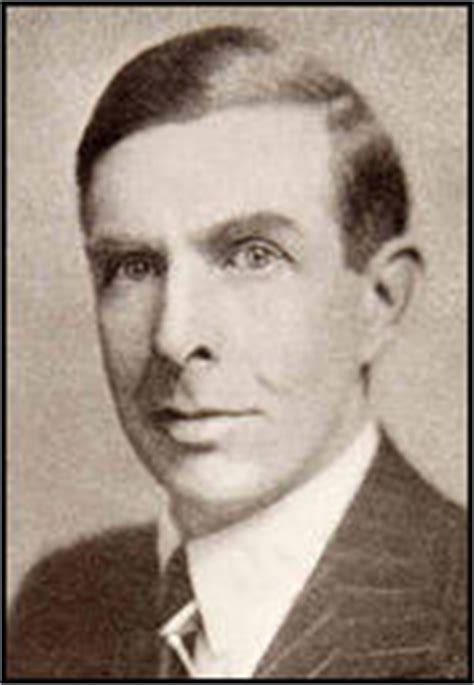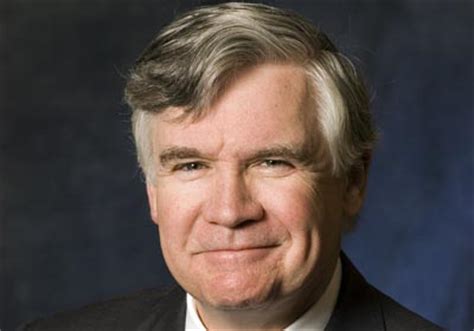A Quote by Philip Sidney
Many delight more in giving of presents than in paying their debts.
Related Quotes
Allow a government to decline paying its debts and you overthrow all public morality-you unhinge all the principles that preserve the limits of free constitutions. Nothing can more affect national prosperity than a constant and systematic attention to extinguish the present debt and to avoid as much as possibly the incurring of any new debt.
In Heaven, there are no debts - all have been paid, one way or another - but in Hell there's nothing but debts, and a great deal of payment is exacted, though you can't ever get all paid up. You have to pay, and pay, and keep on paying. So Hell is like an infernal maxed-out credit card that multiplies the charges endlessly.
We can think about how we reduce the pain in paying. So, for example, credit cards are wonderful mechanisms to reduce the pain of paying. If you go to a restaurant and you are paying cash, you would feel much worse than if you were paying with credit card. Why? You know the price, there's no surprise, but if you're paying cash, you feel a bit more guilt.





































